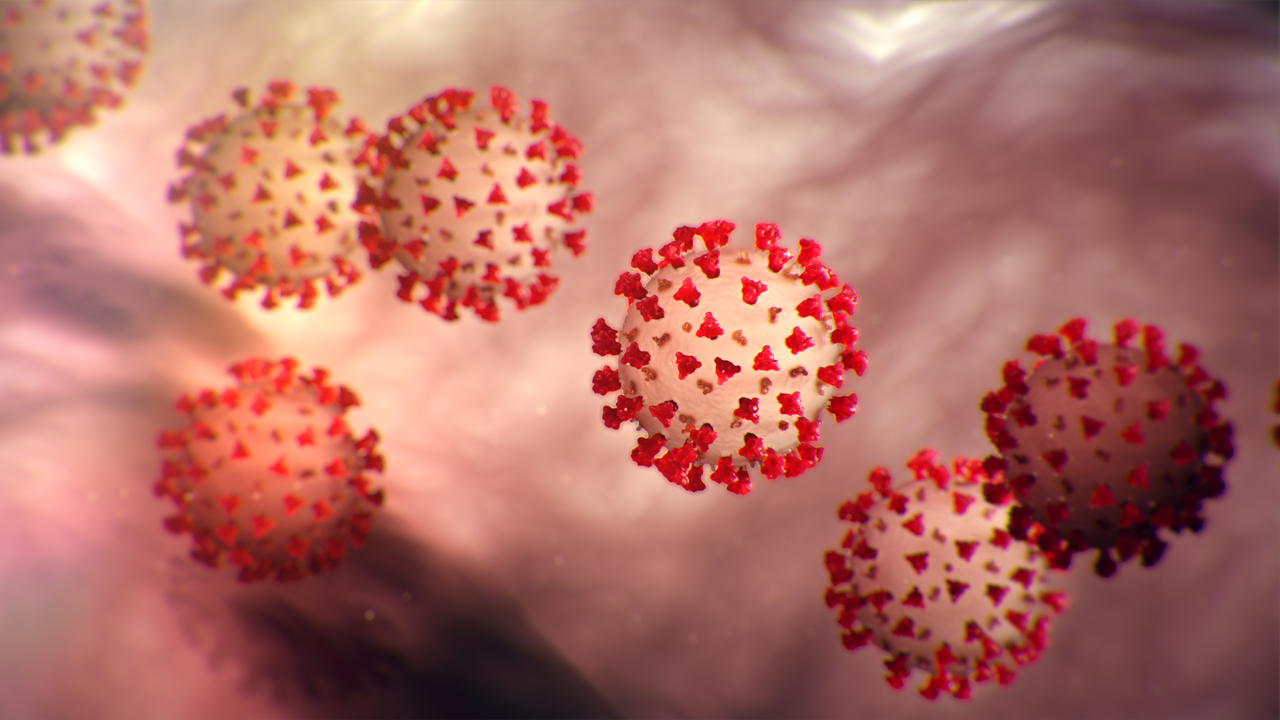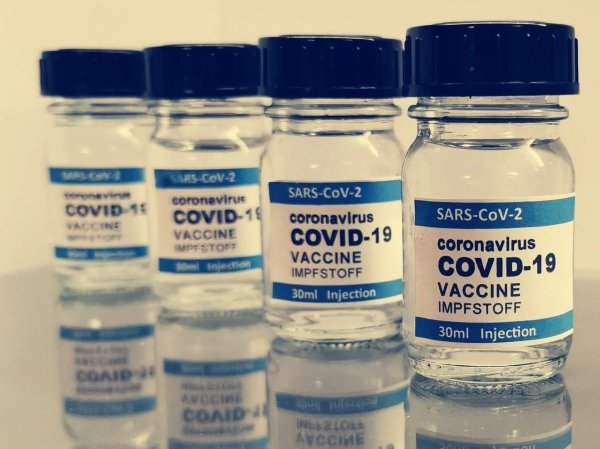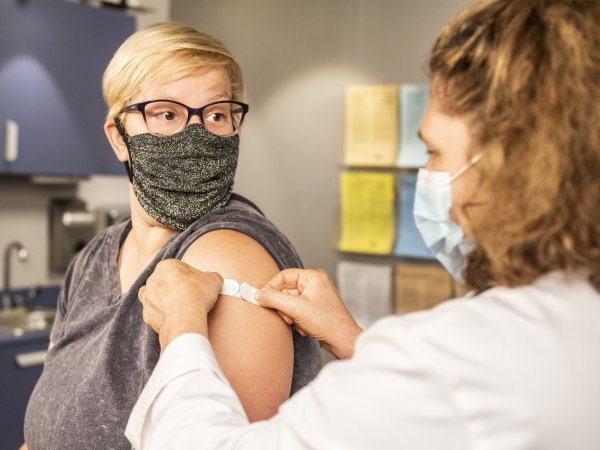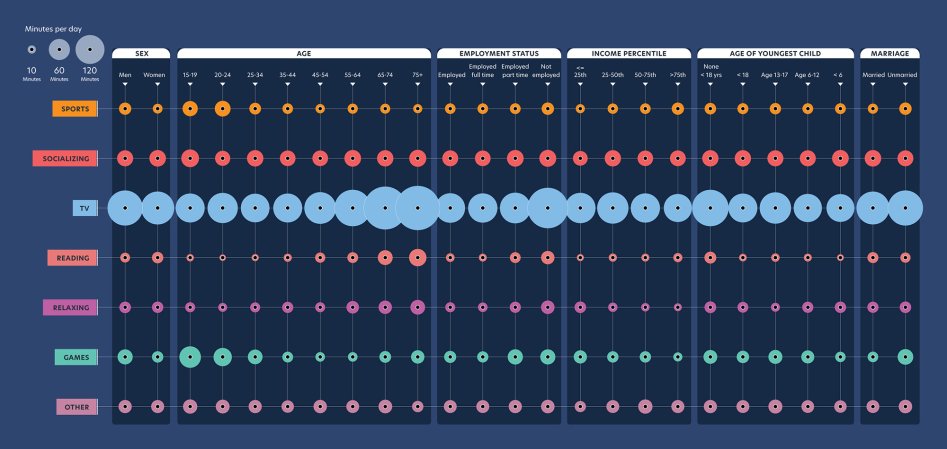

Health experts around the world are skeptical about claims of a new possible COVID-19 strain combining Delta and Omicron. What is being touted by a research group in Cyprus as a new variant is likely the result of lab contamination, experts say—there is, in all likelihood, no such thing as “Deltacron.”
Leondios Kostrikis, a biological scientist at the University of Cyprus, says he and his team found 25 cases of coronavirus infections that displayed mutations in the virus’s genetic signature, reminiscent of both the Omicron and Delta variants. To Bloomberg, which broke the story on Saturday, Kostrikis said their samples showed both Delta and Omicron patterns in the genome, creating a “Deltacron” variant. The team reported their findings to GISAID, an international database that tracks influenza and coronaviruses, for evaluation.
As news of Deltacron began to trend on social media, global health experts quickly issued statements to cast doubt on the supposed new strain.
Krutika Kuppalli, a physician on the World Health Organization’s COVID-19 Technical Team, tweeted on Sunday that “#Omicron and #Delta did NOT form a super variant,” and that “this is likely sequencing artifact (lab contamination of Omicron fragments in a Delta specimen).”
Even before the new year, questions about whether two coronavirus strains could mutate and merge forces were circulating, leading to rumors that Imperial College London virologist Tom Peacock has frequently debunked. In a thread in late December, Peacock tweeted that while it’s possible in theory for one variant to develop mutations that resemble another, “the vast majority will most likely turn out to be contamination or coinfection.” He also added that “much of what we understand about what makes Delta more transmissible/infectious, Omicron already possess—its currently unclear to me what Omicron could have to gain from Delta (with what we currently know at least).”
[Related: Here’s more evidence that vaccines help against Omicron]
When Deltacron reports out of Cyprus emerged, Peacock returned to his thread to confirm that “the Cypriot ‘Deltacron’ sequences reported by several large media outlets look to be quite clearly contamination.” He also cites previous work on virus mutations and genetic clusters to show why it’s unlikely that Deltacron is a new variant.
Despite growing doubts around the validity of his findings, Kostrikis is adamant that his results are not the product of contamination. He told Bloomberg on Sunday that the cases he identified “indicate an evolutionary pressure to an ancestral strain to acquire these mutations and not a result of a single recombination event,” and that sequencing labs in more than one country had processed their samples.
The Deltacron finding is “100% a mistake,” Louisiana State University Health Shreveport microbiologist and immunologist, Jeremy Kamil, told Newsweek, but “it’s great [the Cyprus researchers] are doing genomic surveillance.” If anything, he added, media reports thus far have inflamed unnecessary alarm.
Until evidence emerges to support Deltacron as an established variant, it should not be regarded as a cause for concern. “#Deltacron is not real,” Kuppalli wrote in a tweet , and “let’s not merge of names of infectious diseases and leave it to celebrity couples.”























